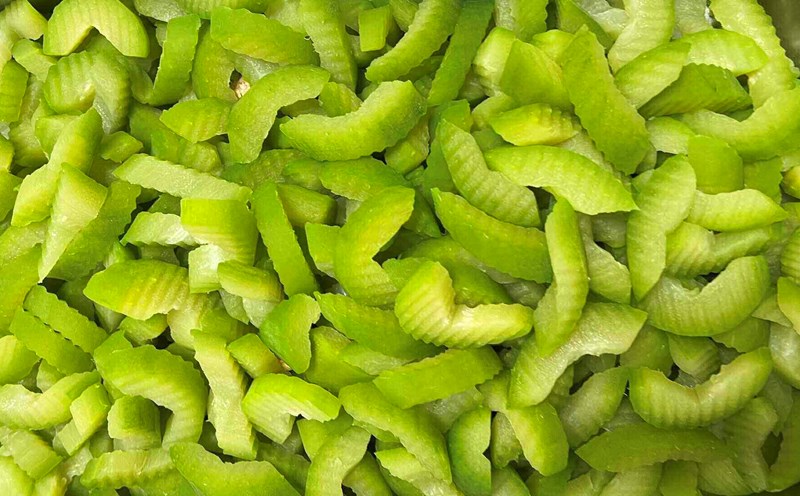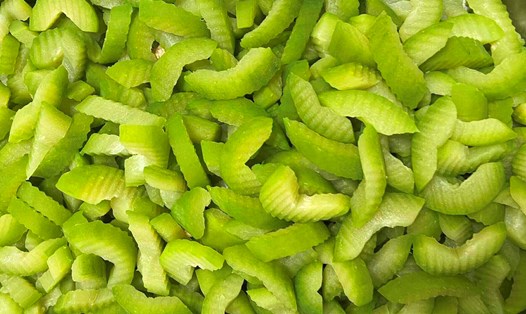In your diet, you need to know how to avoid fruits that do not support or even hinder the process of reducing belly fat, especially if you do not control your calorie intake, such as coconut.
Coconuts, and especially coconut oil, contain a type of fat called medium-chain triglycerides. Studies have shown that these can help boost metabolism and burn fat. However, a big problem is that coconuts also contain a lot of saturated fat, especially when consumed in processed products like coconut milk, coconut milk, or dried coconut.
According to research by the World Health Organization and nutrition experts, consuming too much saturated fat can increase the level of bad cholesterol (LDL) in the blood. Thereby increasing the risk of cardiovascular disease. A study published in the American Journal of Clinical Nutrition showed that people with a diet rich in saturated fat, including coconut products, tend to accumulate more belly fat.
Coconut is also very high in calories. A cup of fresh coconut can contain about 350 calories and 33 grams of fat. Therefore, if you do not control your portion size, eating coconut can lead to excess calories, making it difficult to lose weight and belly fat. Nutritionists recommend that when you want to lose belly fat, you need to maintain a balanced diet, prioritizing foods low in calories and saturated fat.
While coconut may have some health benefits, if the goal is to lose belly fat, consuming too much coconut or coconut products may not be a good choice.











